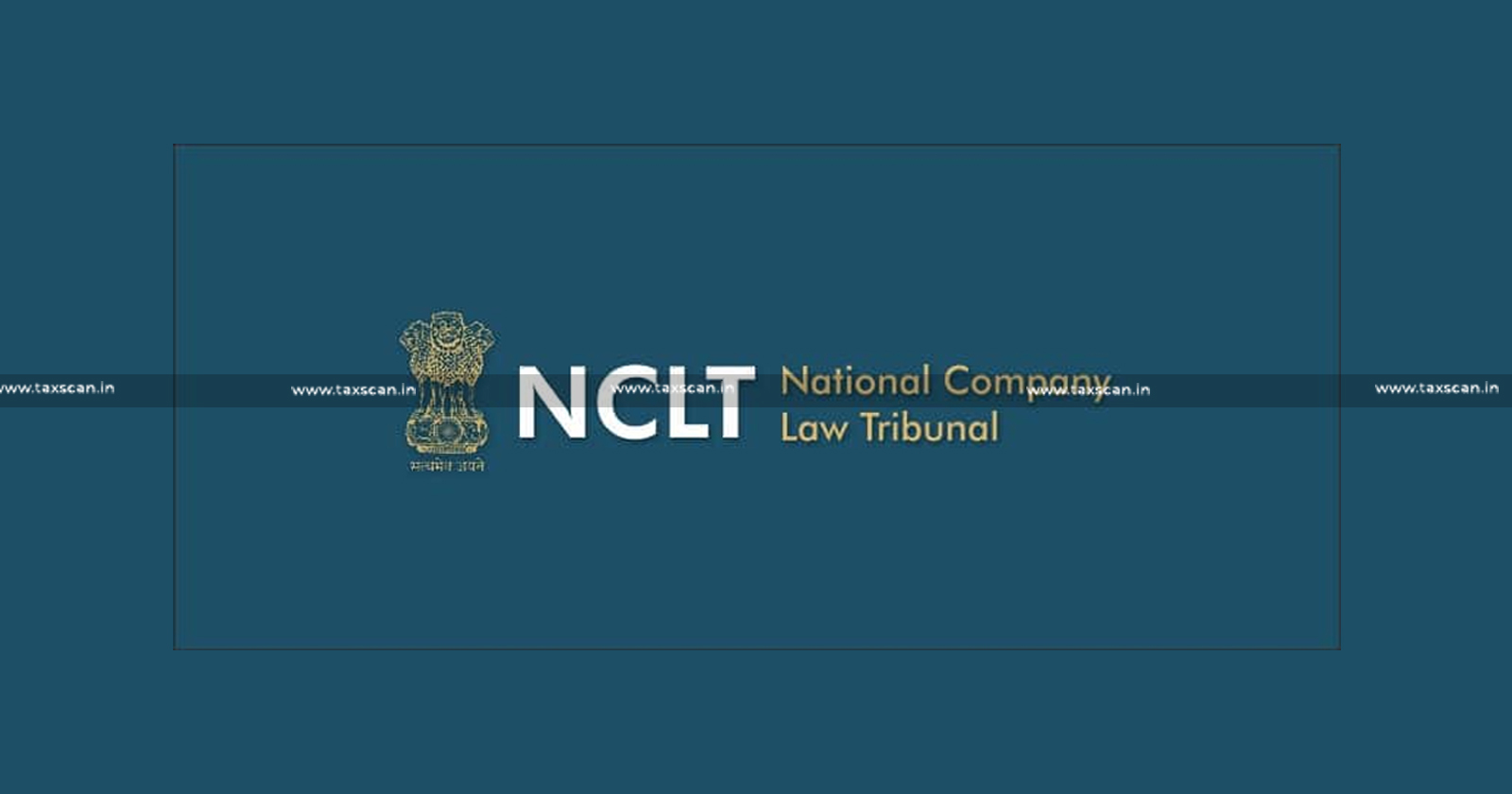Unsuccessful Resolution Applicant Cannot Challenge Approval of Resolution Plan by CoC: NCLT
The Tribunal, while rejecting the application, observed that the applicant who fails in the bid, having participated in the biddings process, cannot challenge the resolution plan which has been approved by the CoC by 100% voting shares

NCLT – NCLT Kolkata – Resolution Plan – resolution Plan by CoC – Taxscan
NCLT – NCLT Kolkata – Resolution Plan – resolution Plan by CoC – Taxscan
The National Company Law Tribunal (NCLT) Kolkata bench has held that the unsuccessful resolution applicant has no locus standi to challenge the approval of the resolution plan by the Committee of Creditors (CoC).
Ganga Construction (Consortium) has filed this application against Anil Kumar Mittal, Resolution Professional (RP) of Varutha Developers Pvt. Ltd. (Corporate Debtor) and Ors. under Section 60(5) of the Insolvency and Bankruptcy Code, 2016, or simply "I&B Code." The Adjudicating Authority issued an ex parte ruling admitting the corporate debtor into insolvency. A loan facility of Rs. 300 crore was approved under a loan agreement signed on July 26, 2019, between SREI Equipment and the corporate debtor, which was the cause of the default.
Ganga Construction, the applicant, presented a resolution plan along with a 200 crore rupee financial proposal and a 6 crore rupee bank guarantee, which was eventually raised to 250 crore rupees. The applicant argued that the RP's information memorandum only revealed the corporate debtor's physical assets. The PRAs and the CoC were left in the dark regarding the subject property's possession, title, and encumbrances since the RP neglected to include publicly accessible facts.
Transform GST Learning: Master Sections Faster with Memory Power- Click here to know more
The applicant contended that a premeditated plan to compromise the CIRP's fairness, transparency, and sanctity is evident in the intentional suppression of material information, the biased negotiation process, and the active participation of ineligible PRAs prohibited by Section 29A of the Code.
It was argued that the applicant provided a resolution plan along with a 200 crore rupee financial proposal and a 6 crore rupee bank guarantee. When the applicant asked the RP for more information regarding the subject property, the RP purposefully concealed important details about the corporate debtor's sole physical asset out of self-interest.
The respondent denied the submissions, claiming that the applicant was an unsuccessful resolution. Once a resolution plan has been unanimously adopted by the CoC, the applicant has no right to contest the procedure.
Regarding the SRA's alleged eligibility under Section 29A, the RP would contend that the applicant has not provided sufficient evidence to support the SRA's ineligibility to take part in the process. There are no supporting documentation for any of the allegations made by the applicant, who had a hidden agenda to sabotage the entire process just because they failed.
Transform GST Learning: Master Sections Faster with Memory Power- Click here to know more
The SRA's counsel argued that even though two M3M India associate companies, New Era Propcon and Swastik Infrasolutions, had signed a share purchase agreement with the corporate debtor's former shareholders on May 17, 2019, the agreement had never been implemented, and the shareholders had not transferred any shares to either M3M India or the two associate companies.
Additionally, it was contended that the term "control" in Subclauses (c) and (g) refers to proactive or positive control, either de jure or de facto, rather than just negative control, which could result from interpreting the word "control" broadly in Section 2(27) of the Companies Act, 2013, which is inclusive rather than exhaustive.
It was argued that the Collaboration Agreement signed by M3M India and the Corporate Debtor on January 13, 2020, does not automatically establish that the Corporate Debtor is "under the control and management" of M3M India. A straightforward reading of the terms of the aforementioned Collaboration Agreement would also show that it simply provided for the full development rights to the Corporate Debtor's land asset, not the transfer of management and control to M3M India.
The bench of Justice Bidisha Banerjee (Judicial Member) and D. Arvind (Technical Member)l for contention whether the appellant has locus to challenge the approval of Resolution Plan by CoC referred to the NCLAT judgment in M. K. Rajagopalan v. S. Rajendran Resolution Professional VHCPL, 2023 where it was held that “On a careful consideration of the respective contentions advanced on either side, this `Tribunal', keeping in mind of a vital fact that the `Petitioner / Appellant', being an `Unsuccessful Resolution Applicant', has no `Locus', to `assail' a `Resolution Plan' or its `implementation', coupled with a candid fact that he is not a `Stakeholder', as per Section 31 (1) of the I & B Code, 2016, to the `Corporate Debtor.”
Transform GST Learning: Master Sections Faster with Memory Power- Click here to know more
The Tribunal while rejecting the present application, observed that the applicant who fails in the bid, having participated in the biddings process, cannot challenge the resolution plan which has been approved by the CoC by 100% voting shares.
To Read the full text of the Order CLICK HERE
Support our journalism by subscribing to Taxscan premium. Follow us on Telegram for quick updates


